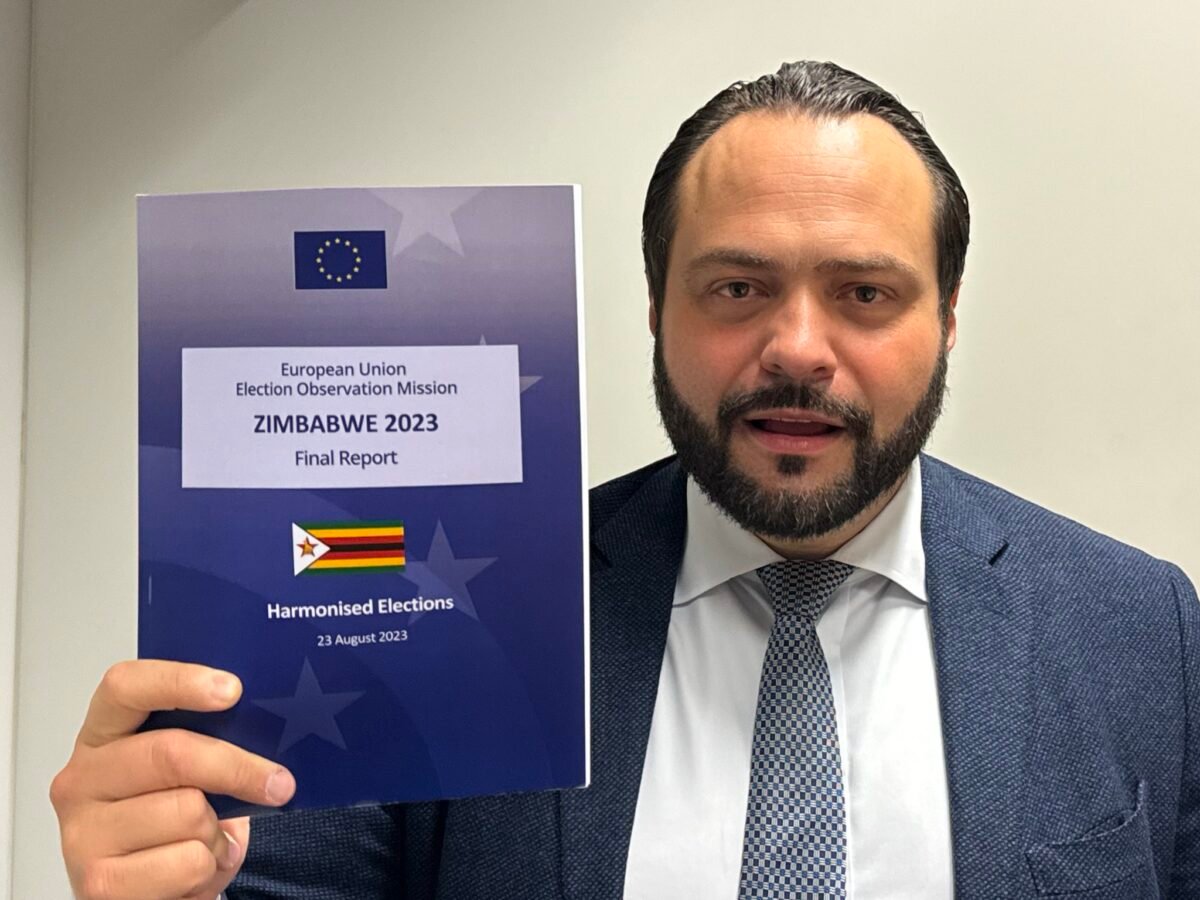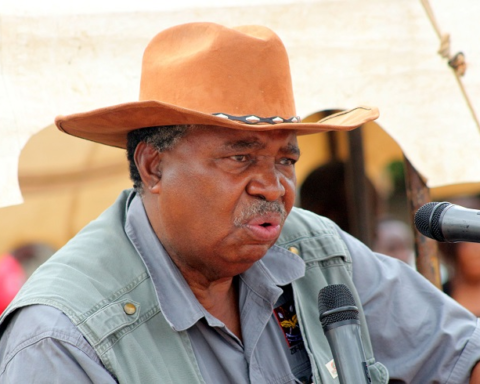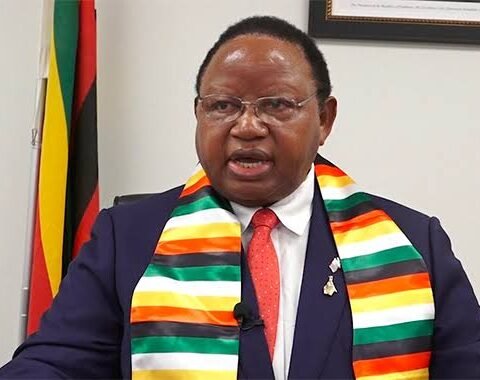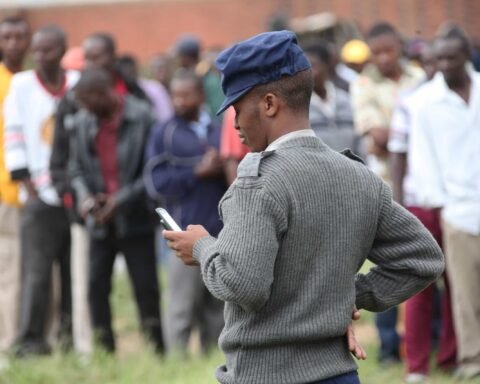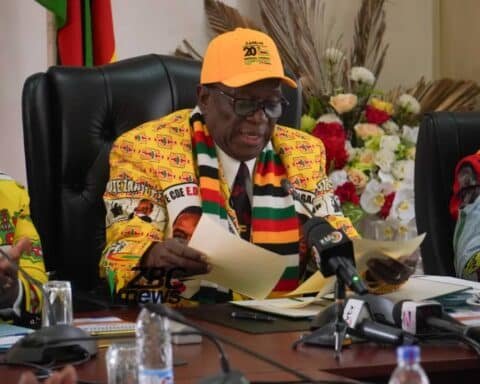The final report on Zimbabwe’s 2023 Harmonised Elections, presented by EU Election Observation Mission (EU EOM) Chief Observer Fabio Massimo Castaldo, has concluded that the elections did not meet regional and international standards. Key issues cited include the curtailing of political rights during the campaign, intimidation tactics, and the perceived political bias of the Zimbabwe Electoral Commission (ZEC). Castaldo, presenting the report from Brussels, highlighted the Zimbabwean government’s lack of cooperation, which prevented the EU EOM team from returning to Zimbabwe to present their findings.
The report is based on two months of observations, covering the period before, during, and after Election Day. The EU EOM noted several instances of intimidation by members of Forever Associate Zimbabwe (FAZ) and reported disorderly conduct on Election Day. Notably, delays in opening polling stations, especially in opposition strongholds such as Bulawayo, Harare, and Manicaland, significantly hindered voting rights.
Castaldo emphasized that the EU EOM’s role is not to certify elections but to assess compliance with international standards. In this case, the mission found multiple instances where the electoral process fell short. The report outlines 21 recommendations, with seven identified as priorities for comprehensive electoral reform. These include ensuring the independence of the ZEC, improving transparency in election preparations and results, and reforming the judiciary to ensure a separation of powers.
Additionally, the EU EOM faced challenges in engaging with official bodies, including the ZEC, and observed a concerning disinformation campaign against international observers by some national media outlets. Castaldo condemned any violence related to the elections, including reports of politically motivated abductions and torture, and urged authorities to bring perpetrators to justice.
Overall, the EU EOM report calls for significant reforms in Zimbabwe’s electoral process to ensure future elections are credible and reflect the democratic aspirations of its citizens.
